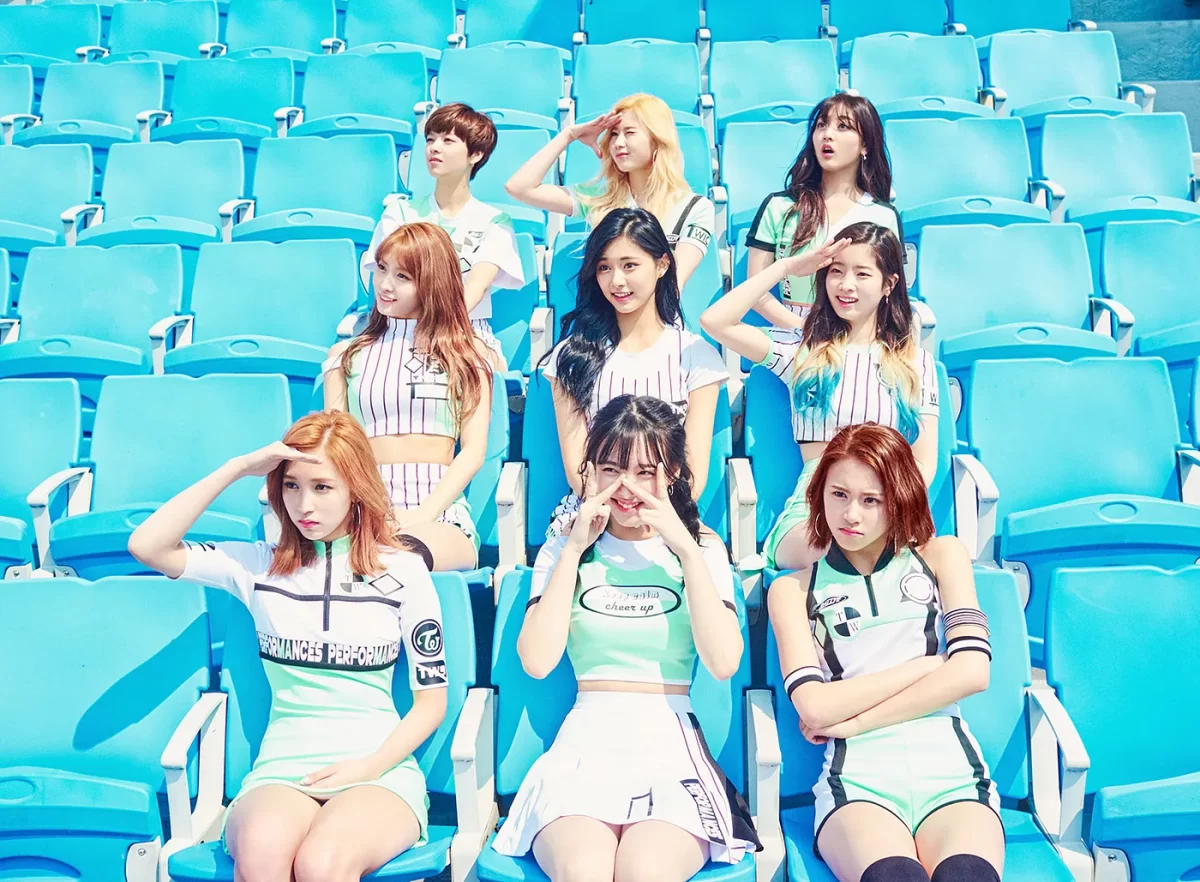Last Updated on August 31, 2023 by David
Why consumers benefit from the best of the best.
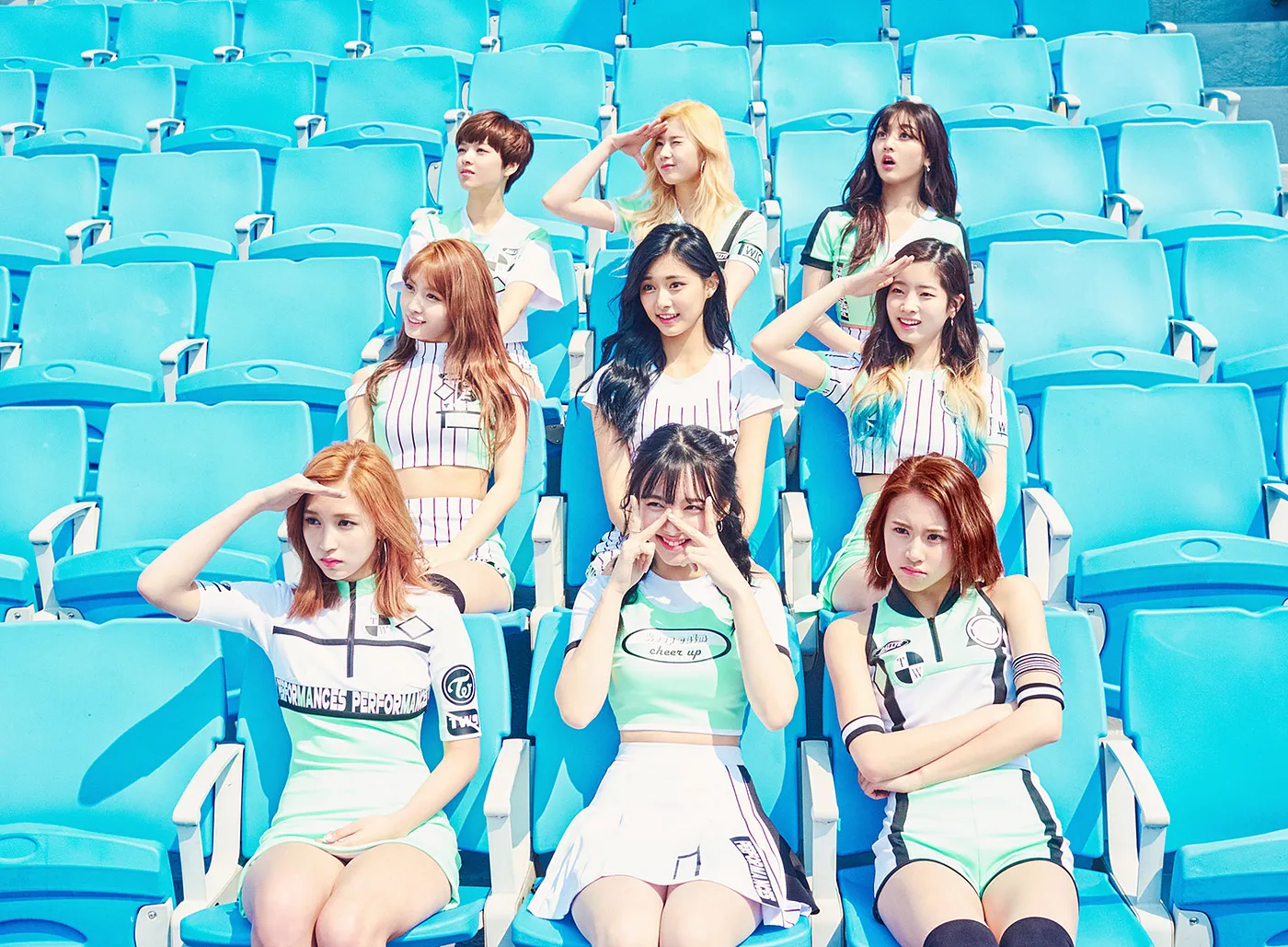
Emma Stone is best known for being one of Hollywood’s most recognizable stars. As the lead actress of the award-winning movie “La La Land”, she’s no stranger to bright lights. But, what’s less known about her is that she has an obsession with K-Pop, a genre of music that originates from the far away country of South Korea, home to some of the biggest stars that side of the Pacific.
If you’ve ever had a chance to listen to Korean Pop Music (K-Pop) you’ll notice that it’s surprisingly catchy, extremely vibrant, and embarrassingly addictive. It’s no surprise even celebrities like Jaden Smith and others are taking notice.
Emma Stone has a pretty serious #KPOP addiction -> http://t.co/4T0ciWm2YE #CONAN
— Team Coco (@TeamCoco) July 15, 2015
It’s easy to dismiss this as a random phenomenon, or a quirky subculture, but there’s something more to it than a one-off stroke of luck. In the country more known for Samsung, LG, and Hyundai, K-Pop is a big deal and accounts for some $11 Trillion in economic output. That simply doesn’t happen by accident.
It happens because it’s designed that way.
Anatomy of a K-Pop Group
To the West, the name that associates most with K-Pop is probably Psy, the artist behind 2012’s smash hit Gangnam Style. But, that’s just the tip of the iceberg. Take a look closer and you’ll see that the K-Pop industry is actually ruthlessly designed to iterate and follow a well understood process and is now a well-oiled machine that manufactures smash hits and superstars.
Take a closer look still, and you’ll soon realize how alike it is to the Silicon Valley’s (SV) software industry. More specifically, Silicon Valley’s VC backed industry.
 JYP Entertainment’s represented K-Pop stars, 2016
JYP Entertainment’s represented K-Pop stars, 2016Talent agencies in South Korea are akin to startup incubators. While big names like YC and KP dominate the Silicon Valley startup fund-raising zeitgeist, their parallels in K-Pop, like SM, JYP, and YG hold the same social cachet over those that dream of becoming The Next Big Thing. These are the gatekeepers of the industry and they’ve worked hard to refine the process down to a T.
They both take groups of talented dreamers (i.e. kids) and groom them through vigorous incubation programs that focus on:
- Finding the right mentors
- Establishing their brand (their future celebrity persona)
- Putting out a MVP (teaser tracks)
- Hiring a team of other talented individuals
- Experimenting with the product/market fit
- Iterating their brand, product, and market fit
- Scheduling official alpha, beta, and public phases
The similarities are eerie, even down to the best-practice mantras. Just as there is a prejudice against the single founder in the startup world, K-Pop groups follow suit in similar fashion — most are a composed group of individuals, groomed to include variety of talent that helps cover for weaknesses and highlight strengths.
The Big Launch, The Big Debut
Just as the Silicon Valley has its base of early-adopters patrolling the latest feed on Product Hunt, so too does K-Pop have its dedicated fans, ready to listen to the latest tune from a just-launched K-Group. The agencies and new-found groups capitalize on this to much success.
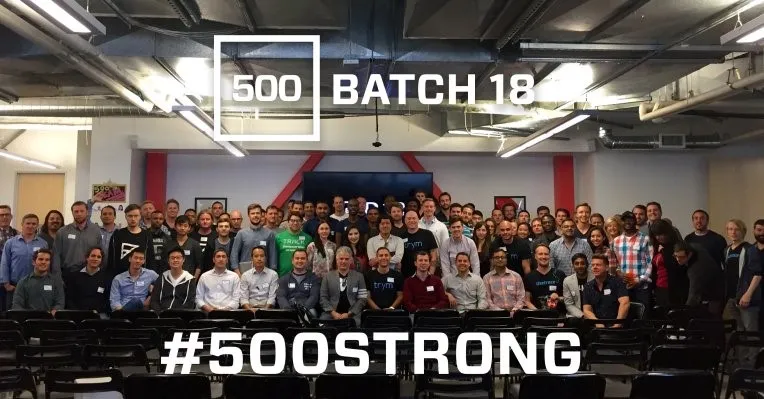 500 Startups Demo Day Batch 18, November 2016
500 Startups Demo Day Batch 18, November 2016Launching is a very carefully coordinated sequence, reminiscent of a startup’s pre-launch stealth mode phase. Set on gathering attention and piquing interests, the K-Pop equivalent of a demo-day is when a new group eventually put all the gathered momentum into the big debut.
And it works really well.
Girl group TWICE launched in early 2015 after putting out many teasers to much success, being the first girl group to launch with debut video reaching more than 100 million YouTube views.
However, not everything works out for all K-Pop groups. The most important part of the iterative process is the systematic elimination of the weakest — those that cannot achieve market fit.
Launch, Fail
Startup death is a well known part of the process, and many would-be Instagrams die weekly. Likewise group disbandment in K-Pop is a common part of the process, even if it’s less mentioned or discussed. In fact, 2NE1, the group that Emma Stone so famously raved about in the video linked above, has already disbanded in less than 2 years since the clip was broadcasted.
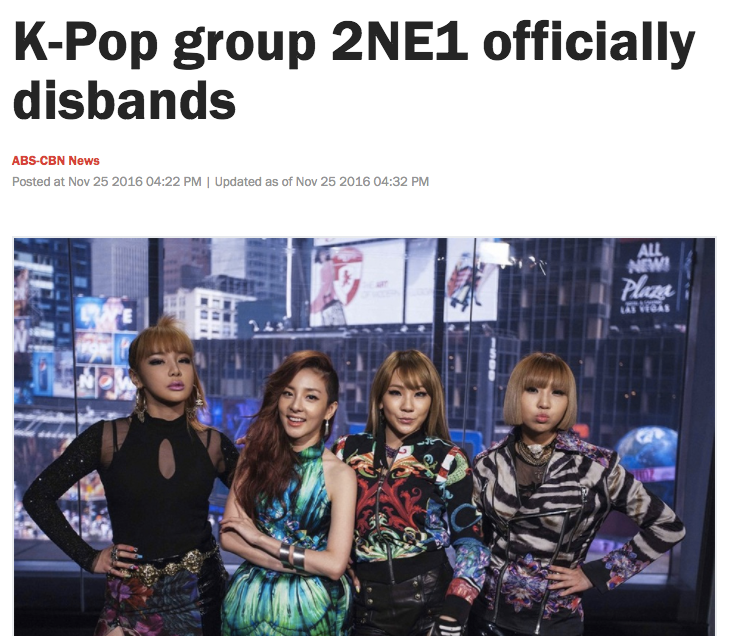 2NE1 disbands officially, ABC-CBN News, 2016
2NE1 disbands officially, ABC-CBN News, 2016Talent agencies, like investors, will aggressively “kill off” groups that launch/perform poorly or can’t find traction fast enough. Like any venture backed industry, only the best continue to get funding and subsequent albums. This is, again, by design, as the best groups account for a disproportionate amount of the revenue a la the Pareto Principle (80/20 rule). This practice applies to the Silicon Valley just the same where the hottest startups account for the majority of the valuation of a particular investor’s portfolio. It’s in the investor’s or agency’s best interest to quickly dispose of the weak.
False Starts and Pivots
Stewart Butterfield, of Flickr fame, famously pivoted a failing business into the now mega successful #Slack. Pulling a hard right and steering a company into a whole new direction is a well known signature move for veteran entrepreneurs.
Likewise in K-Pop you’ll find the survivors who didn’t have the most successful launch and debut. Solo superstar artist IU, now well known as the “little sister” of South Korea for her style of music, had her rough starts.
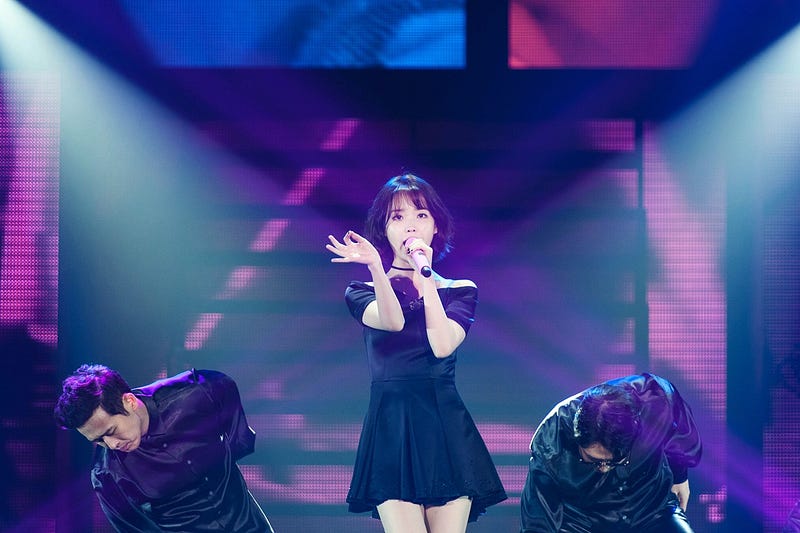 IU concert in Gwangju, 2015
IU concert in Gwangju, 2015In an industry so adept at saving solid talent from the clutches of death, IU found a new direction that instantly clicked with the market.
Deemed as a “strategic” transformation, the dance choreography, stage costume and hairstyle shown in live performances were used to emphasize her youthfulness and project a “cute” image. The song was nominated as a number-one contender on the popular music program, Inkigayo. — The Hankyoreh
Now widely thought to be one of the wealthiest K-Pop idols, IU’s success is confirmation of the industry’s ability to hone the best and brightest into well received and marketable products.
Iteration and Validation
This mechanic works because it’s ruthless and it forces all parties to iterate extremely quickly. To the consumer, the super-fast launch-death cycle ensures that only the best products remain on market. The K-Pop scene is a musical parallel to the US’s startup scene and the general abstraction of this thesis is validating the known: innovation and quality go up as you shorten the life/death cycle, which creates the best outcomes.
It’s a very finely honed process which guarantees the best survive and the rest get to re-roll the dice and try again. At the end of the day, consumers get the most polished product. To that extent, K-Pop has fully embraced the “build what people want” philosophy to success.
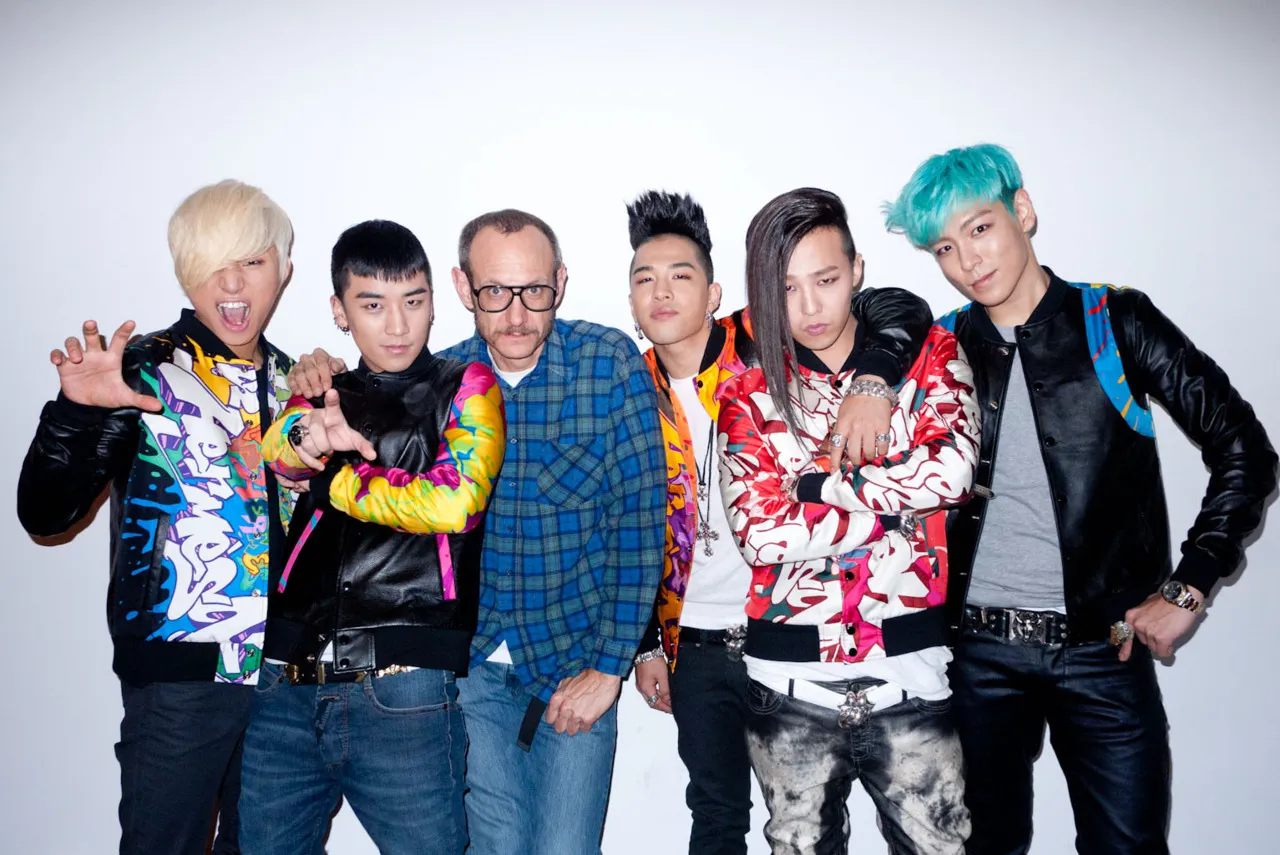
BIGBANG & Terry Richardson
The rewards at the end of the treadmill are also well understood. Just as every startup darling wishes to become the next Google or Facebook, so too do the newcomers in K-Pop have their lofty goals.
Boy band Big Bang, which has ranked as high #2 in TIME Magazine’s most influential list, is at the top of the K-Pop world. They were the first Korean artist to enter Forbe’s Celebrity and the 30 under 30 most influential musicians in the world lists, highlighting K-Pop’s influence in a world so traditionally dominated by American and Western culture. The stakes are large and growing and there is a constant stream of new contenders looking to get to the top.
I Just Wanna Be A K Pop Star
— Jaden (@jaden) December 20, 2016
For the players involved, it’s a ritualized, effective, and mature process. Jaden Smith will need to obey the process (and hard work) just as everyone else does. There are no shortcuts.

Interested in what else we have to say? Make sure to recommend this article by clicking the heart and follow us for more stories about startup life, customer service, and tips on treating customers right.
You can also find our multi-brand, multi-channel customer service platform at https://www.reamaze.com. Follow @reamaze.

